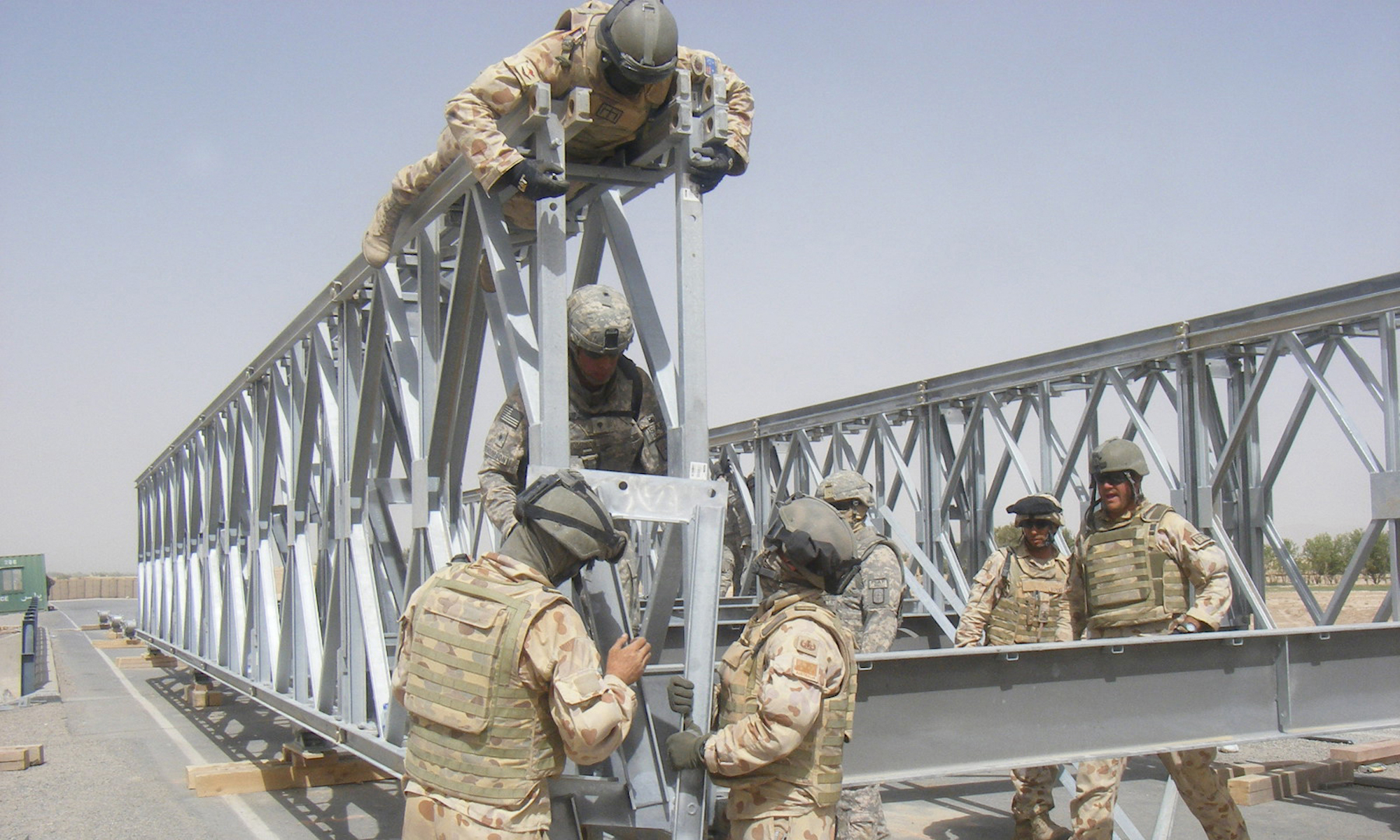Lord’s Resistance Army (LRA) rebels have been fighting in northern Uganda for the past two decades in conflict which has devastated the region. The group is notorious for abducting children and young people. Over 20,000 have been taken since the war began and turned into soldiers and rebel “wives”. This is the context of Uganda’s informal disarmament, demobilisation and reintegration (DDR) programme. Rather than being an organised process set up to help consolidate peace at the end of war, it has largely been a necessary response to a flow of escaping former abductees, taking place within an on-going conflict. In 2006, the government of South Sudan began mediating peace talks between the LRA and the Ugandan government. Although the talks have yet to deliver, they have focused attention on managing an end to the conflict, including a formal programme of DDR to deal with those rebels remaining in the bush. Based on primary research- undertaken in Gulu, Kitgum, Kira and Apac Districts of northern Uganda in August and September 2005 and March 2006- this paper lays out the problems that have marred earlier attempts to reintegrate former LRA combatants- and looks at the challenges that lie ahead.

INSCT Postconflict Research Database
The Institute for National Security and Counterterrorism's Postconflict Research Database & Analysis Project stores cross-indexed bibliographic information on hundreds of journal articles, books, book chapters, and case reports that address the broad, interdisciplinary fields of postconflict reconstruction, stabilization, and peacebuilding.